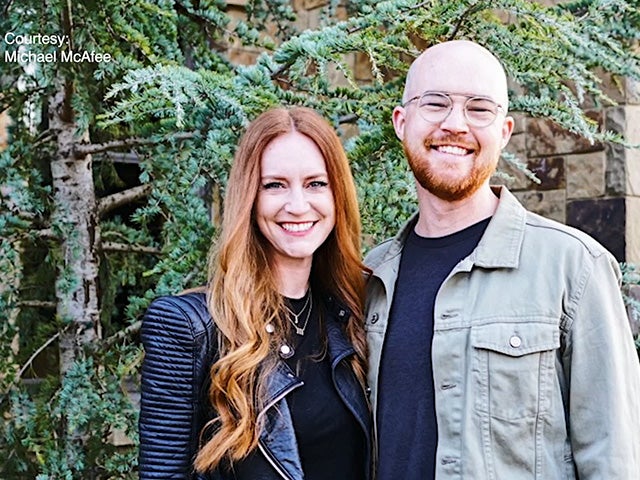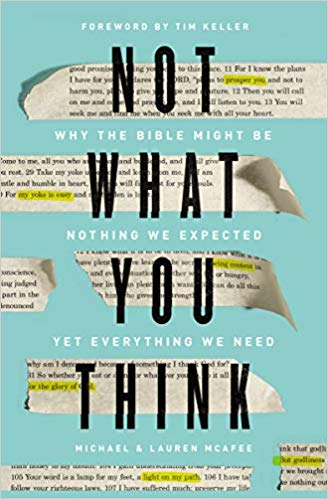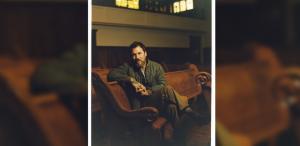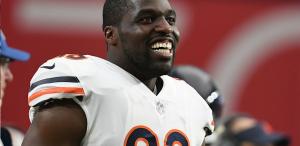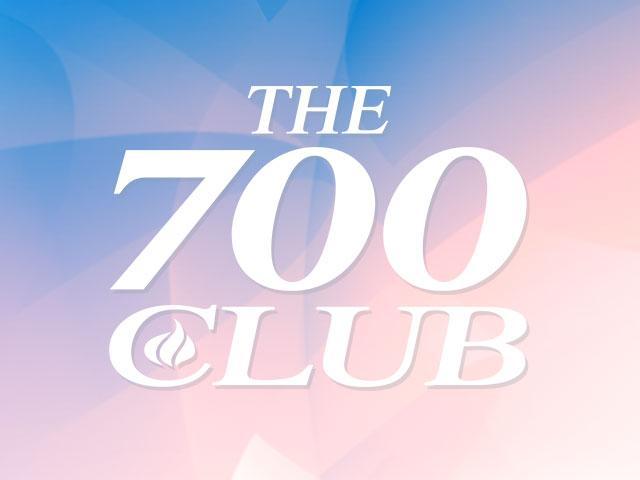Clearing Misconceptions About the Bible
MICHAEL AND LAUREN
Both Michael and Lauren grew up in the church and were raised by Christian parents. They became believers at an early age and today work in Christian contexts. Lauren is the daughter of Steve Green, founder of the Museum of the Bible in Washington, D.C. and president of Hobby Lobby. Lauren works as the Corporate Ambassador at Hobby Lobby and travels the country speaking about faith, business ethics, and Bible engagement in America. Michael works at the Museum of the Bible bringing people together to explore the most influential book in the world. He is also a teaching pastor at the church where he met Lauren when she was seven years old.
They too have wrestled with their doubts about the Bible and Christianity while continuing to read the Bible but they realize they are in the minority for their generation. Since 2013 Michael and Lauren have traveled the country together speaking on behalf of Museum of the Bible. When both of them were working for the museum they had an opportunity to work together on a new awareness campaign. They spoke at events, set up booths at conferences, and shared with communities the vision of Bible engagement for the museum. It was during this time that they met fellow millennials who fall within three categories when it comes to Bible engagement: Bible readers (people who interact with the Book frequently); Bible-open (people who were raised around the Bible but currently have no interaction); and Bible-closed (people no longer open to the Bible as the divine word). They hope to inspire other millennials to not dismiss the Bible before giving it a fair chance. The Bible is unique in several ways: (1) It remains the top-selling book year after year; (2) It seems to find a relevance and a prominence that are not only cross-cultural but transcultural, surpassing the limitations of culture; and (3) The Bible models the way of Christianity and introduces you to God, an eternal being, whom you can know personally.
MILLENIALS AND THE BIBLE
Michael and Lauren understand there are fair reasons to be skeptical about the Bible. It is a difficult book to read. It is ancient. People have struggled to understand some of its meaning for centuries. Their advice, “Read it for yourself, and then form your own opinion.” Reading the Bible can be wonderful and yet there are difficult passages that can be hard to understand so often times people give up reading this Book. They offer a simple pattern to help you engage with the Bible:
- Pray before reading the Bible. Realize the only way to understand this Book is with His help.
- Start reading the New Testament first. Jesus teaches all the Old Testament points in Luke which helps to bring clarification to the Old Testament and Jesus, the resurrected Messiah.
- Engage with the Bible the best you can and read it with others who can teach you more.
- The Bible is about Jesus. It is only by reading the Bible through the lens of asking how it points us to Jesus that we will begin to understand the Bible and how it impacts our daily lives.
- Be consistent. Lauren has been faithful to read her Bible and journal every day for the past fifteen years. Although she didn’t start out with the goal of reading and journaling every day for fifteen years she did make it her goal to read the Bible everyday. “As with any discipline, the more you do something, the better you get at it and the easier and more rewarding it becomes,” shares Michael.
THE BIBLE’S IMPACT
In the Museum of the Bible there is a whole floor devoted to the Bible’s impact. Michael and Lauren highlight three issues that represent the heart of what concerns their generation. “The value of the individual, justice for the oppressed, and the freedom to believe whatever we choose are mainstays of our generation – and, coincidentally, hallmarks of biblical ethics,” share Michael and Lauren. The Bible has had a transformational effect on the culture:
- Human rights - the concept of human rights is inherently biblical. We are all made in the image of God. This is what makes our worth and our dignity inherent and inseparable from who we are.
- Social justice – the Bible reveals the moral character of God and the kind of moral character He intended for the people He created. The God of the Bible is just, condemns evil, and has compassion for victims.
- Religious freedom – Christianity is strengthened, and the Bible is in no way limited, when other religions have the same access to the marketplace of ideas that it has. It is not necessary to limit others in order to be heard.
“Whether you choose to believe the Bible or not, whether you choose to read it or not, there is little cause for doubt that the Bible continues to have an impact on our culture,” shares Michael and Lauren.
